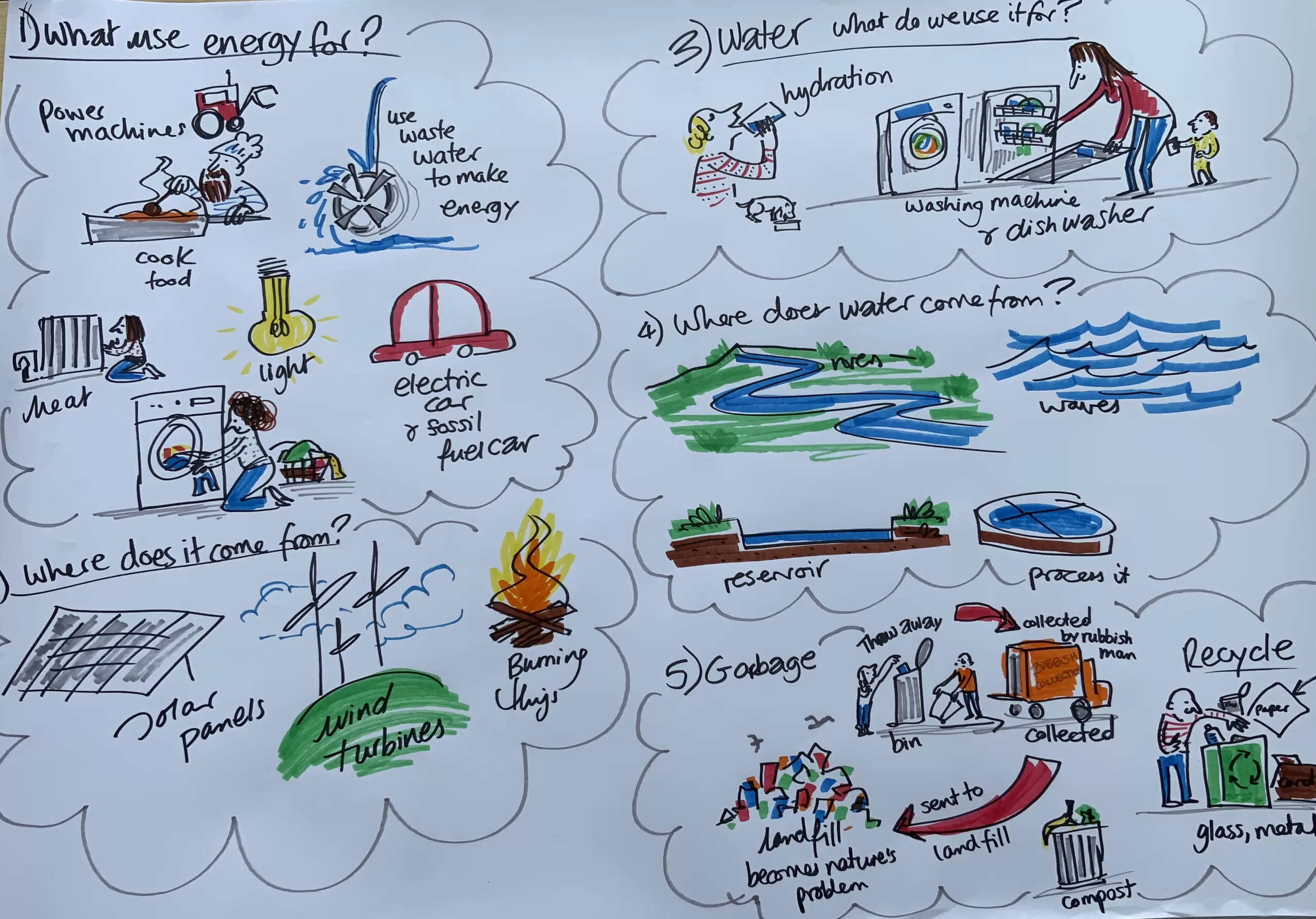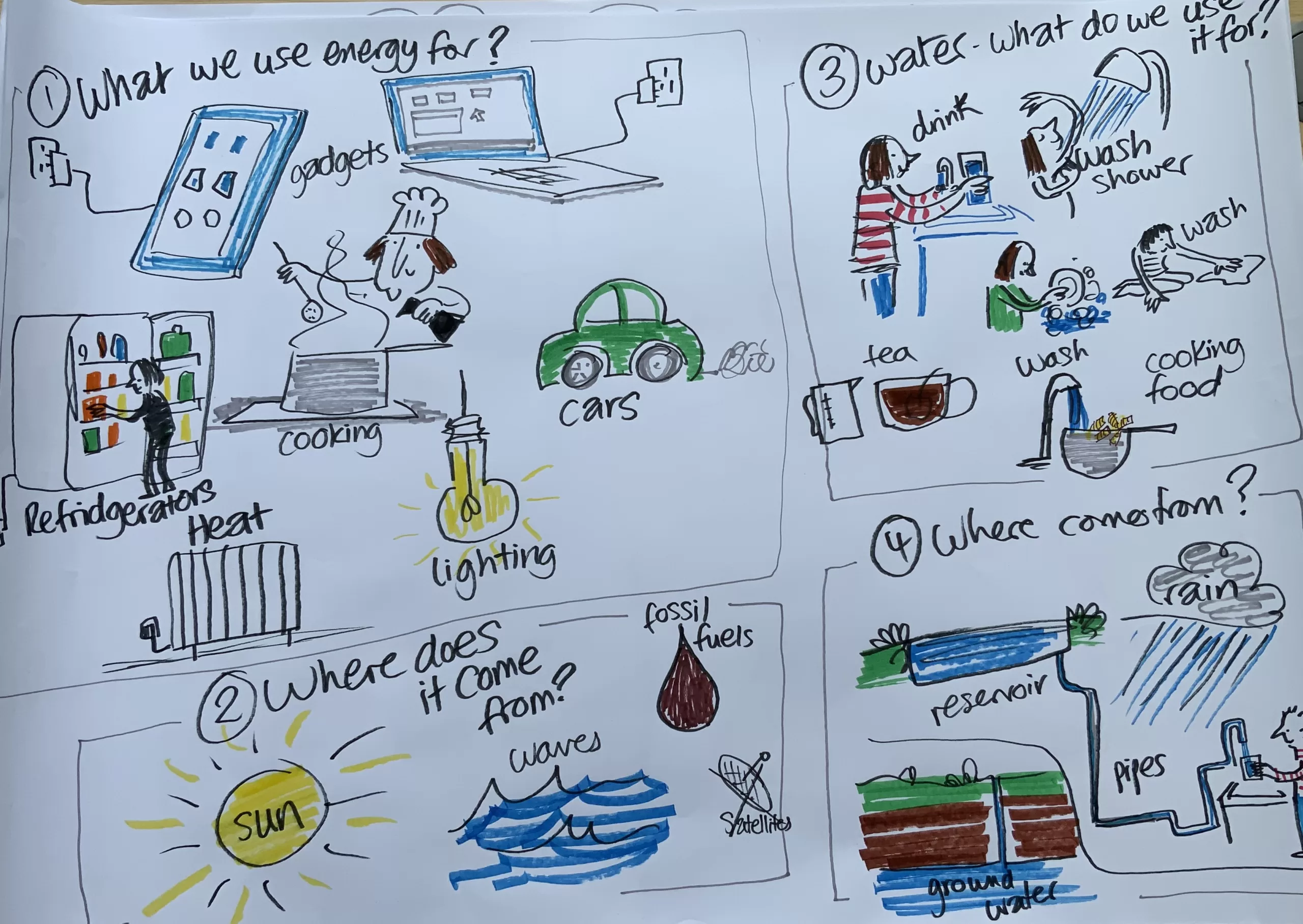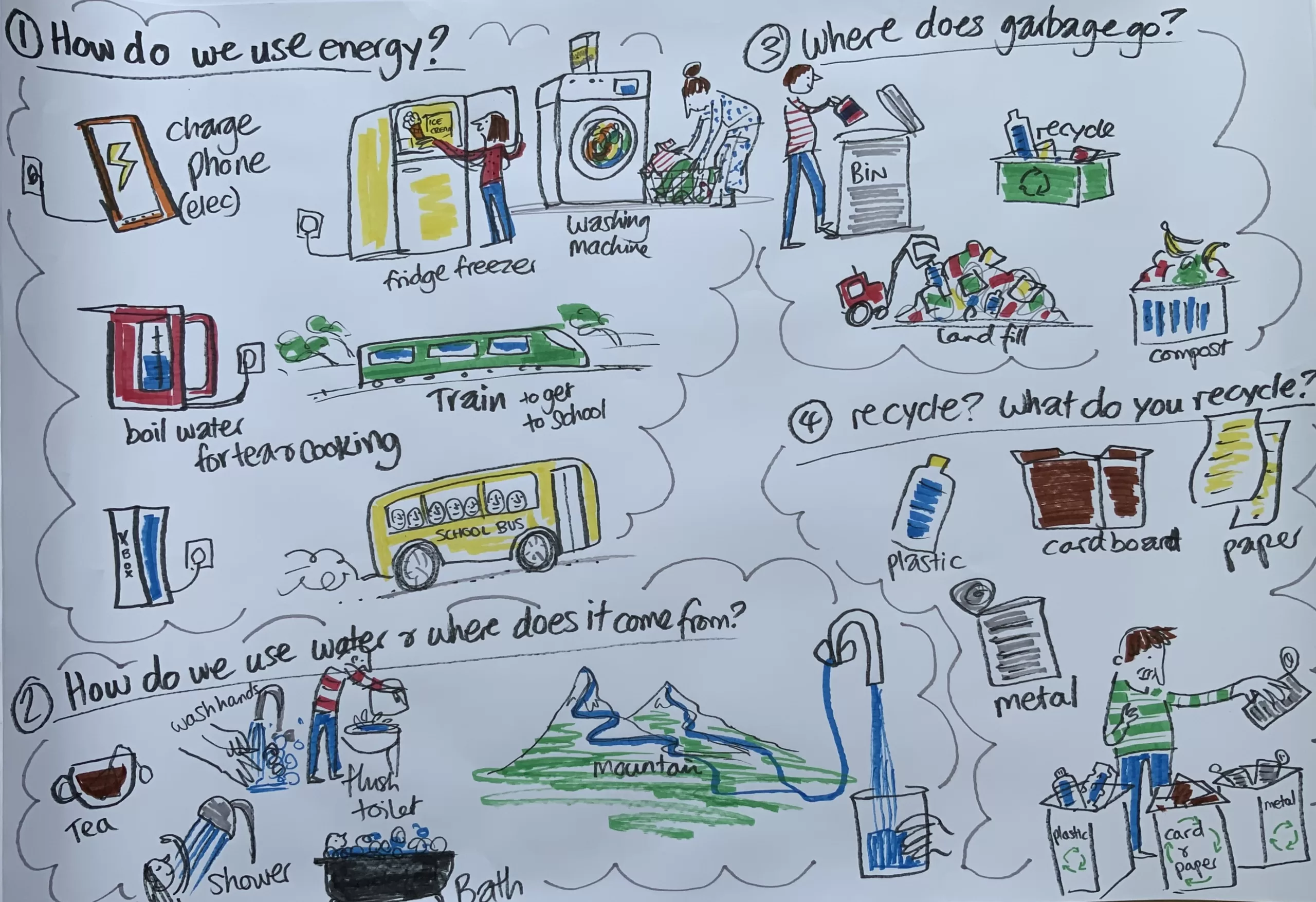Novel low energy plasma/catalytic gas cleaning process
| Objectives |
| This project seeks to develop a novel gas cleaning process based on low temperature plasma/catalyst technology to decompose tars to produce a clean, high quality syngas from the gasification of waste biomass. |
| Background |
| The gasification of biomass wastes represents a major thermochemical route to produce a high energy value syngas from a source which is renewable and CO2-neutral. However, one of the major issues in the gasification process is contamination of the product syngas with tar, particulate matter and other pollutant species. Tar is the key problem for biomass gasification and is a complex mixture of condensable hydrocarbons. The formation of tar causes major process and syngas end-use problems, including tar blockages, plugging and corrosion in downstream fuel lines, filters, engine nozzles and turbines.
Plasma catalysis provides an attractive alternative to the conventional catalytic route for converting tar into clean fuels at low temperatures (< 200 oC). The integration of plasma and solid catalysts has great potential to generate a synergistic effect, which can activate catalysts at low temperatures and improve the activity and stability of the catalysts, resulting in the remarkable enhancement of reactant conversion, selectivity and yield of end-products, as well as the energy efficiency of the plasma process. The project investigates the application of plasma-catalysis for the removal or reforming of tars to produce a clean syngas from the gasification of biomass. |
| Method |
| Initial work focuses on the development of catalysts that are effective for tar reduction using novel catalyst design and preparation methods. The role of plasma-catalysis in reducing tar will be explored using model compounds found in tar to understand the degradation processes affecting particular chemical compounds during the plasma-catalysis process.
Gasification of the biomass will be investigated in a fluidised bed gasifier and a two-stage screw kiln pyrolysis-gasification reactor. The reactors will be modified to include the downstream plasma-catalytic syngas cleaning process. Experimental and detailed analytical work developing the coupled biomass gasification-plasma-catalyst gas cleaning process will enable a mechanistic understanding of the tar reduction process and will be extended by CFD modelling of model tar compounds. Process modelling and simulation of the combined gasification-gas clean-up system will build a foundation for process analysis, optimal design and operation to facilitate exploitation of this innovative technology development. |
 |
For more information on this project please contact:
Professor Paul T. Williams, University of Leeds (Email: p.t.williams@leeds.ac.uk)
Academic Partners:
University of Liverpool
Cranfield University
University of Hull
Industrial Partners:
Thermitech Solutions Ltd., Chandlers Ford
Future Blends Ltd., Milton Park
Alstom Power Ltd., Rugby
Process Systems Enterprises Ltd., London
C-Tech Innovation Ltd., Chester
































